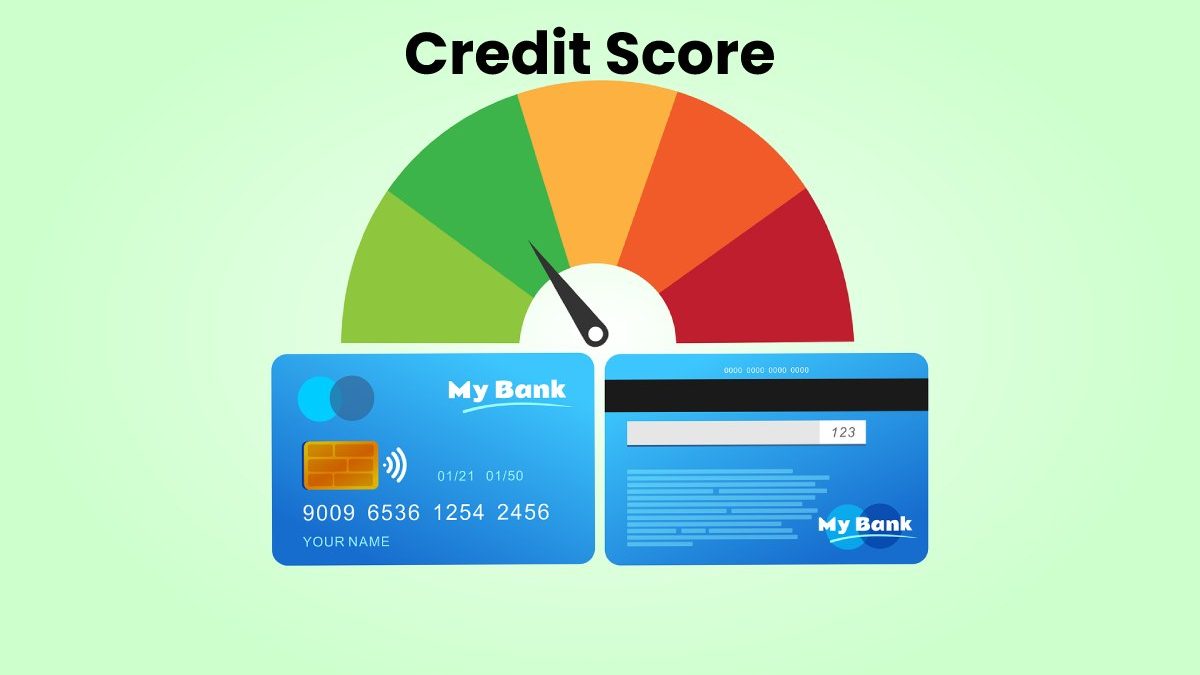The credit score is a mathematical algorithm that determines the probability that you can obtain a loan or banking product through your financial behavior. In this way, banking entities ensure that you can meet your obligations regularly.
Having a decent credit score means that your financial health is optimal, and you do not represent risks for the banks that provide you with the service. People without a credit history, users without a bank account, and those who do not have data in the credit registry can start building their credit history with a postpaid phone plan. These obligations trigger the credit score because they show that the person should pay.
Table of Contents
How to know my Credit Score?
Knowing the credit score, report, and history helps consumers understand their credit status. The higher the score, the greater the chance of getting the desired home, car, or business loan. Thus, you will be able to find the best entity for you, with the best interest rates and credit opportunities.
With some services transitioning to the digital age, you can now view your credit history multiple times and your score online for free, and on some other platforms, you can get more services with a paid monthly inquiry plan.
Depending on the country in which you are, you must enter a “data credit” or “credit bureau” platform and fill out essential data and credit card data to begin the analysis of your banking product.
With this option, you can see your detailed credit history, file a complaint with the institution in case of any problem, check if the institution has reviewed your account, and alert the financial system in case of falsification.
Importance of Credit Score for an Entrepreneur

It is prevalent for people to know what a credit score is, but not its importance in their lives and finances. This report is your letter of introduction to the financial world since it composes a message of how many accounts you have, how you pay them, and your credit behavior.
It depends on this report that the banking entities decide to provide you with their services to increase your budget to carry out a new business or personal project. Indeed, it is a reality that emerging companies need loans or credits to begin to shape their ideas.
According to experts, a score of 720 or higher is recommended to get the best loan deals. Do not be discouraged if your score is below 720. If your score is too low, we recommend that you continue reading this article to find the key to improving it.
How to Improve my Credit Bureau Score?
Being clear about the credit score will be the key to controlling your financial life, since this score will indicate how much purchasing power and the debt you have. In this way, the higher your score, the more likely that a bank will trust you to give you a loan. For this reason, we present some recommendations to have a good credit score:
1. Know and Understand the Credit Score
It is essential to know what a credit score is and understand how it can benefit or affect you. Understanding these factors well will help you determine what you are failing and how you can better manage your finances. To start improving points in your credit history, you must have control of your financial behavior. The ideal is to cultivate a good culture of payments.
We recommend you try the Midatacredito platform, which tells you your score and the data that affects you and sends you recommendations to improve your credit profile.
2. Pay Debts on Time
Payment history makes up more than 35% of what is used to calculate your credit score, meaning late payments can affect your score for more than seven years. Therefore, knowing your credit score will help you understand your score and have reminders to make payments before the due date.
Paying late lowers your score, so remember to use your credits responsibly and maintain proper financial behavior to avoid delays or lack of funds to collect your installments.
3. Apply for New Loans only When Necessary
Having numerous bank obligations will not improve your credit score. On the contrary, it can be a double-edged sword for your score. If you are still not clear or do not have the appropriate knowledge about what credit points are, it is better that you think before applying for a loan or card.
If you get a new credit card, try not to use it too often. Research has shown that people who open multiple credit accounts in a short period of time face greater credit risk than those who don’t. This way, you use less credit, improving your credit profile.
4. Do Not Exceed your Borrowing Capacity
When knowing your credit score, you are aware that you must keep your payments up to date not to impair your borrowing capacity, but how is this done? It’s effortless. It’s about keeping your credit balances low and using them wisely to show the banks that you know how to manage your finances.
It will help you not to over-indebt yourself and never use the quota of your financial products to the maximum. A bank can offer you a very high limit, but this does not mean that you should spend up to your limit. What is expected is that you do not consume more than 50% of your credit limit.
5. Don’t Close Old Accounts
When consulting the credit score, you will have a result that gathers all your banking and credit information and the time you have had with the honor and the company. Usually, the most prolonged time gives you the highest score, so if you decide to close any of these accounts, you will lose all the scores you have achieved over time.
We recommend that you use your cards for small purchases or expenses. In this way, the bank will not detect inactivity, and you will not need to close it. You can allocate these funds to subscriptions or payments for some services, however, do not miss the payment dates.
6. Check your Credit Reports
It is not enough to know what the credit score is. You must review it constantly to see what you have done well. In addition to knowing how your history has been, you will be able to be precise when it is an excellent time to request another credit. Now, we recommend doing it every four months.
However, if you do not do it, you must be sure to authorize financial institutions to consult the credit bureau only when necessary or when you are sure that you will buy a new product. Having many inquiries of this type may indicate that your financial situation is not good, the risks increase, and the score is lowered due to not knowing the credit history.
Conclusion
A credit score is a numerical expression created on an equal analysis of a person’s credit files to represent the creditworthiness of an individual. A credit score remains primarily based on a credit report, information typically sourced from credit bureaus.


